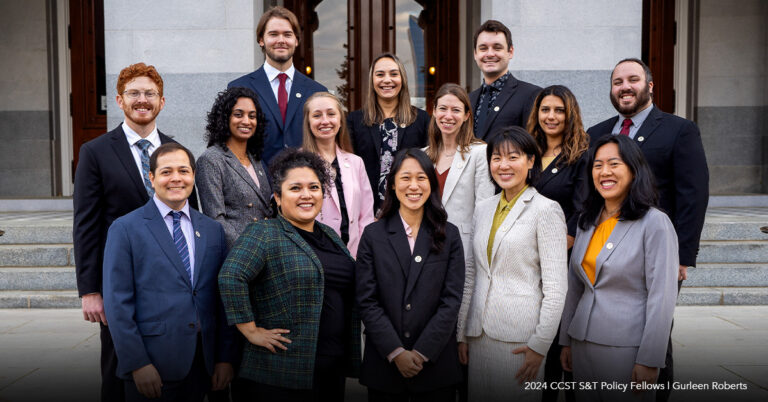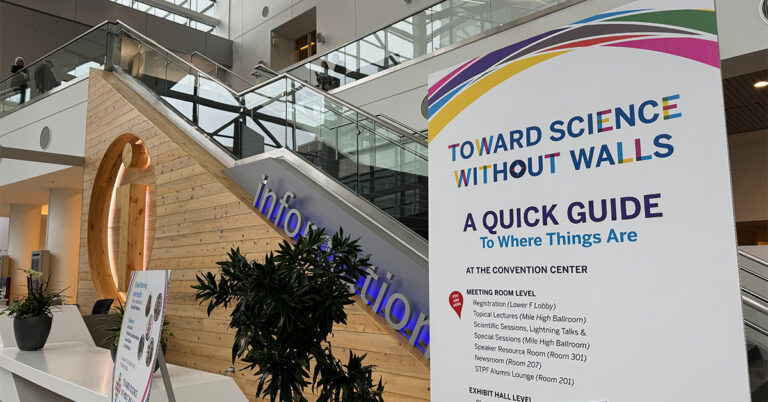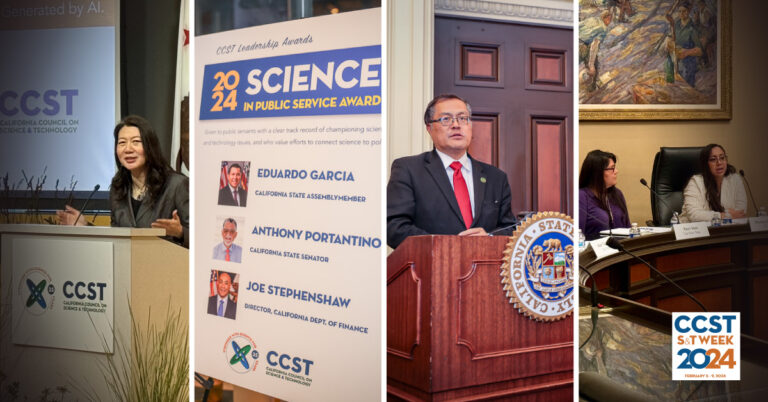Update: Applications for the CCST Science & Technology Policy Fellowship Have Closed
Rollin Richmond Leads Smart Meter Project Team
March 15, 2011 | CCST Newsroom | Contact: M. Daniel DeCillis
 CCST’s analysis of the safety of smart meters was prepared in a matter of months thanks to the many experts who came together to work on the project under the direction of project team chair and CCST Board member Rollin Richmond, president of Humboldt State University.
CCST’s analysis of the safety of smart meters was prepared in a matter of months thanks to the many experts who came together to work on the project under the direction of project team chair and CCST Board member Rollin Richmond, president of Humboldt State University.
“It was a pleasure to be part of a team of scientists, engineers, health care providers and CCST’s excellent staff to answer a question posed by legislators about the potential health effects of smart meters,” said Richmond.
President Richmond, a CCST Board member since 2008, emphasizes that it is the ability to bring together teams of experts such as this one that enables CCST to leverage California’s science and technology expertise in a way that is accessible and useful to policymakers.
“CCST brings a bipartisan and scientific approach to issues it addresses,” said Richmond. “I believe our report will be especially useful both to the Legislature and to California citizens as it is written for a layperson but uses the criteria of science to reach recommendations.”
President Richmond himself has a background in evolutionary genetics. He received his undergraduate degree in zoology from San Diego State University in 1966 and his doctorate in genetics from Rockefeller University in 1971. He then spent 20 years in the Department of Biology at Indiana University and served as chairperson of Biology at Indiana University from 1982-1987. He served as founding dean of the College of Arts and Sciences and professor of biology at the University of South Florida from 1990 until 1995. Richmond became provost at the State University of New York at Stony Brook and professor of ecology and evolution in 1995 and served until 1999. He served as provost and professor of zoology and genetics at Iowa State University from 1999 until 2002. He was named the sixth president of Humboldt State University in July of 2002.
The debate over the safety of smart meters will likely not end with the release of CCST’s report. However, the document represents a valuable contribution to the discussion, according to Richmond.
“In situations where public sentiment urges policy makers to make policy decisions with potentially long-term consequences, access to the best information possible is critical,” he said. “California’s Legislature and its citizens are fortunate to have a group of distinguished academics who are available to provide advice and guidance to our political leaders.”






